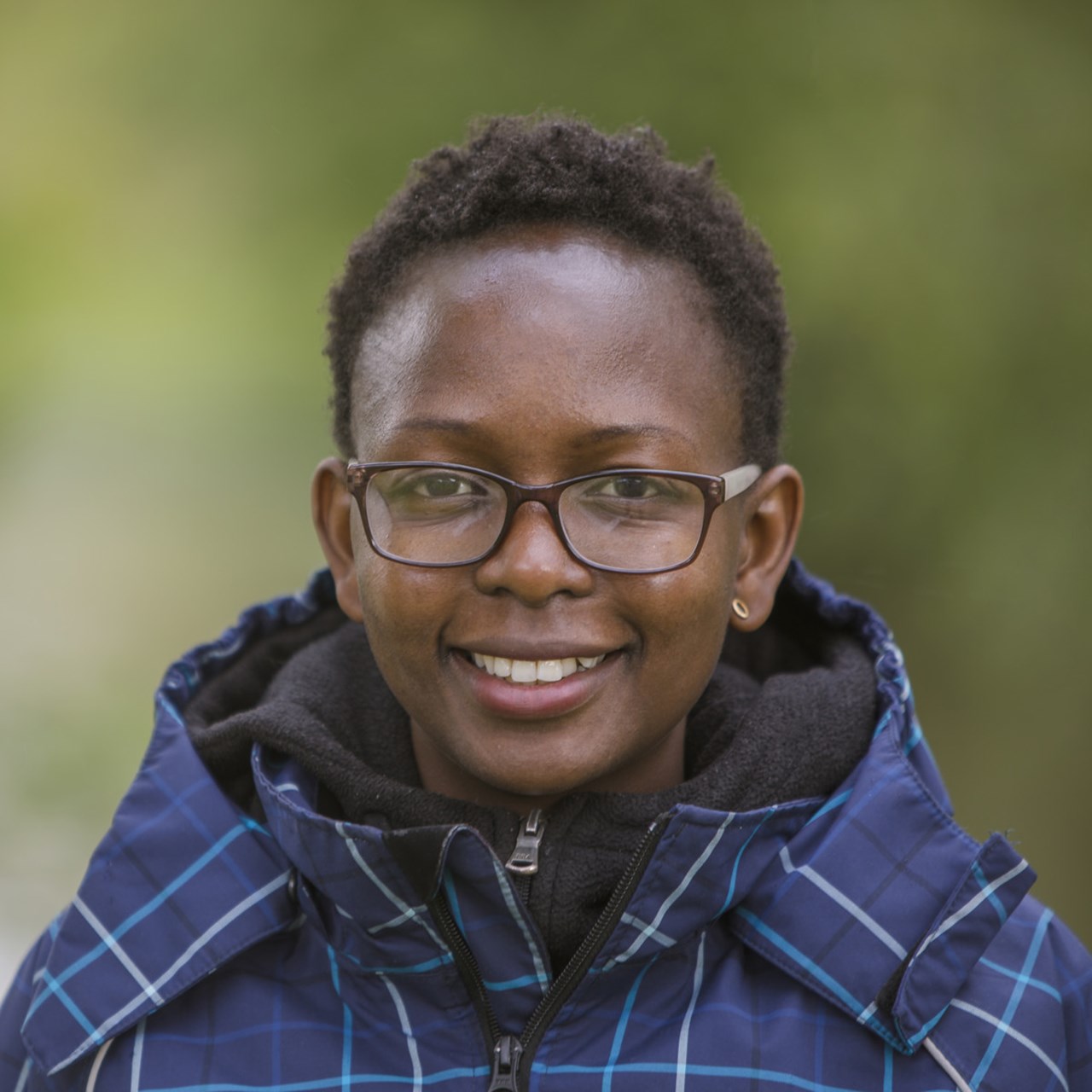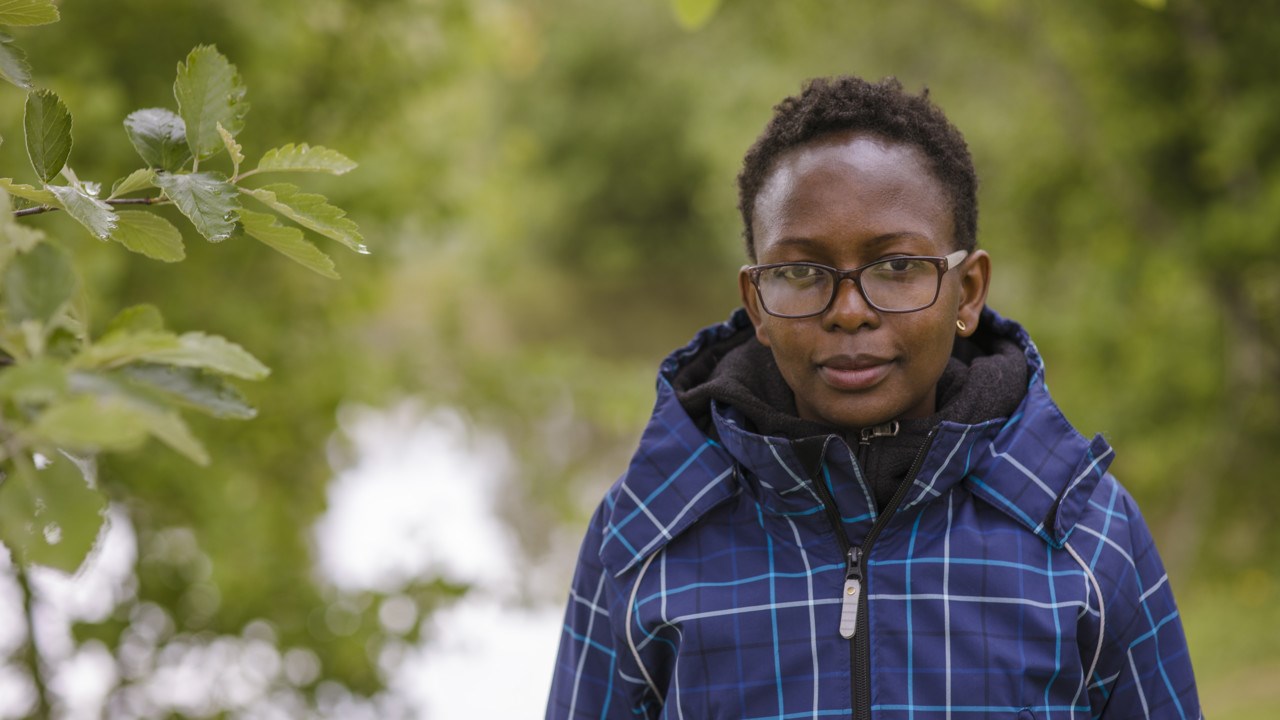Olivia Wesula Luande
Born in western Kenya.
Has a PhD from the University of Pretoria, South Africa.
At the Umeå University since 2015.
Researched infectious diseases in Kenya, Somaliland, Japan, South Africa and Sweden.
Current research focuses on mosquito-borne transmitted diseases in humans and animals.



